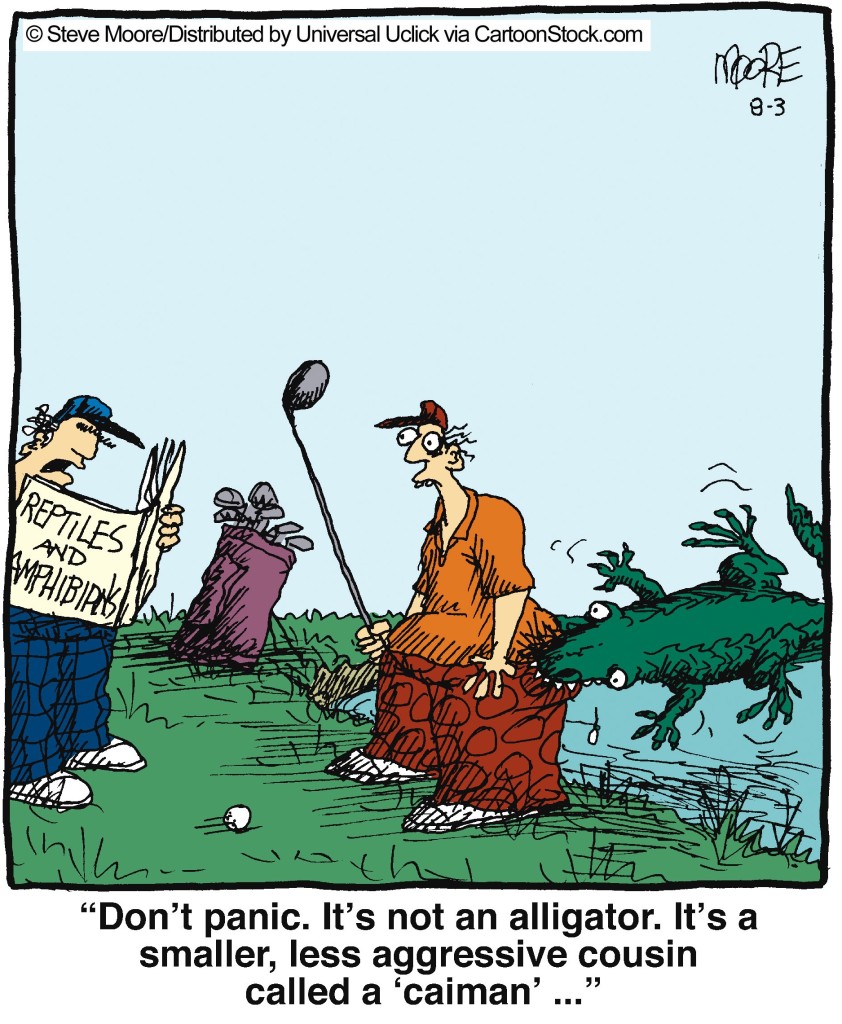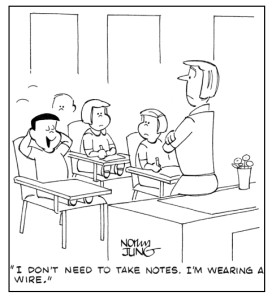 We read for the pleasure and benefit of thinking another person’s thoughts. Sam Harris
We read for the pleasure and benefit of thinking another person’s thoughts. Sam Harris
One of my regrets in life is that for a decade (around age 40-50) I punched pause on my learning and grew intellectually disengaged and stale. During those years I don’t think I read even one book cover-to-cover.
So, I’m making up for lost time. Now, my goal is to read and process one book a week. (Don’t overlook the word process in the previous sentence; it’s the key to learning from reading.) I wrote a post about the benefits of reading along with some suggestions on how to maximize learning from reading – Read.
Here’s a list of the books I read and processed in 2015. At the bottom of this list are my five favorites.
The numbers in brackets represent how I rate each book on a scale from 1 (not good) to 10 (exceptional).
January
1. Lying – Sam Harris [8] – This short book on one subject is very powerful. Harris sees clearly and communicates well. The bottom line: Don’t ever lie. Honesty is a gift we can give to others.
2. Waking Up – Sam Harris [6] – Radical thoughts on spirituality and meditation.
3. Personal (fiction) – Lee Childs [4] – I don’t learn much by reading fiction.
4. Socrates – Paul Johnson – [6] – Socrates laid the foundation for absolute morality.
5. The Economic Naturalist – Robert Frank – [6] – Most everyday enigmas involve an economic principle.
6. Mastering the Rockefeller Habits – Verne Harnish [6] – Good business principles revisited.
February
7. Essentialism – The Disciplined Pursuit of Less – Greg McKeown [6.5] – Good thoughts on focusing on that which is essential.
8. I Am Pilgrim (fiction) – Terry Hayes [6] – CIA-type thriller; though it is a long read (566 pages), it is a good read.
9. Where Good Ideas Come From – Steven Johnson [7.5] – Well-researched with lots of interesting stories. Just the chapter on The Slow Hunch makes the book worth reading.
10. The Boys in the Boat – Daniel James Brown [7] – Lessons learned from the rowing team that won gold at the 1936 Olympics.
March
11. Me, Myself, and Us – Brian Little [7] – An engaging psychology professor writes on important issues of well-being, personality, etc. Just the chapter on Personal Projects: The Happiness of Pursuit, is worth the cost of the book.
12. The Millionaire Next Door – Stanley and Danko [6] – Through extensive research, the authors, analyze what the “typical” American millionaire family looks like. The results are surprising, and encouraging.
13. In The Kingdom of Ice – Hampton Sides [8] – In 1879 the Jeanette set sail from San Francisco. Her crew hoped to be the first humans to reach the North Pole. This story is a testimony to the incredible perseverance embedded in the human psyche.
14. How We Got to Now – Six Innovations That Made The Modern World – Steven Johnson [9] – A totally fascinating and insightful book; a must read. A blend of science and history.
15. Leadership and the Customer Revolution – Heil, Parker Tate [8] – I read this book eight years ago and it still speaks to important leadership issues, particularly relating to how to delight customers.
April
16. The Automatic Customer – Warrillow [5] – A good book about a narrow topic – how to make automate customers.
17. Get What’s Yours – Kotlikoff, Moeller, Solman [6] – The Social Security system is very complicated; this book helps answer major questions.
18. Ethics (for the real world) – Howard and Korver [7] – A thorough and practical book on ethics in both our personal and professional lives. A must-read book.
19. The First 90 Days – Watkins [7] – A must-read for everyone who is starting a new job or taking on a new role. “The actions you take during your first 90 days in a new role will largely determine whether you succeed or fail.” (pg, 1)
20. 50 Rules Kids Won’t Learn In School – Sykes [4] – Written to teenagers but I can’t imagine a kid reading this book. Sykes is very sarcastic and belittling in his approach. All I got was a few good quotes.
May
21. The Road to Character – Brooks [9] – A great treatise on character illustrated by a brief biography of major characters (Eisenhower, Augustine, Dorothy Day, and others).
22. Stand Out – Dorie Clark [6] – Subtitled, How to find your breakthrough idea and build a following around it. I got a few new thoughts from this book.
23. Young Men & Fire – MaClean (7) – This book proves that there are no boring stories, just boring storytellers. MaClean takes a semi-interesting story – young me fighting the Mann Gulch forest fire in 1949 – and spins it into a fascinating read.
June
24. The 80/20 Individual – Koch [6] – Koch is a been-there-done-that consultant so he has a lot of insight into that world and good insights into people and corporations. But the book didn’t strongly speak to me.
25. The Creative Habit: Learn It and Use It for Life – Twyla Tharp [8] – Tharp, a great dance choreographer, shares good thoughts about the creative process.
26. What Got You Here Won’t Get You There – Goldsmith [8] – Goldsmith is a highly successful executive coach and in this book he gives away his secrets. Great thoughts on people skills.
July
27. Quirkology – How We Discover the Big Truths in Small Things – Wiseman [6.5] – Interesting book about psychological research and practical issues of life.
28. The Long Goodbye [fiction] – Raymond Chandler [4.5] – A novel about a detective; semi-entertaining but nothing learned.
29. How Breakthroughs Happen – Hargadon [7] – Written by an academic but in a readable style, this book underscores the necessity of collaboration when innovating.
30. Complications – Atul Guwande [7] – An interesting, inside perspective on the life of a physician.
31. Fermat’s Enigma – Singh [9] – Phenomenal book that gives keen insight into the world of mathematics. In 1993, Andrew Wile solved a mathematical problem that had eluded mathematicians for 350 years.
August
32. The Martian – Andy Weir [6] – A novel about an astronaut left behind on Mars. Interesting from a technical/scientific point of view, but the storyline was simple.
33. For One More Day – Albom [5] – A novel about having one more day with a loved one. Not my kind of book, but some nice thoughts about childhood.
34. Triggers – Marshall Goldsmith [7] – Goldsmith is very practical and has some good things to say about adult behavioral change.
35. A Walk in the Woods – Bill Bryson [7.5] – Bryson is a great journalist that makes any subject interesting, including this one about hiking the Appalachian Trail.
September
36. Phantom [fiction] – Jo Nesbo [5] – A novel. I just don’t learn much by reading modern fiction.
37. What you Can Change…and What You Can’t – Martin Seligman [7.5] – Seligman is a top-notch academic and psychologist who writes about issues such as addiction, weight loss, depression, and anxiety. It was originally written in 1993 and re-endorsed in 2007 so it doesn’t reflect the latest science in these areas, but it’s still a great read. My biggest take-away is that we humans have a lot of control over ourselves.
38. Coach Wooden’s Greatest Secret – Pat Williams [7] – Sometimes we don’t need to be taught, we just need to be reminded. This is a simple but important book that reminds us of some important life principles, espoused by coach John Wooden. Lot’s of good stories and illustrations. My main takeaway was: pay attention to details and fundamentals.
39. Better – A Surgeon’s Notes on Performance – Atul Gawande [7] – Gawande gives us insight into the world of physicians and teachers important life lessons. Fascinating reading.
40.The 4-Hour Workweek – Ferriss [6] – I was skeptical about the book when I first read the title. He does have some good ideas about how to build a virtual, all-outsourced company. He could have said it in less than 374 pages.
41. Scientific Secrets for a Powerful Memory – Vishton [7] – This book/course came from The Great Courses – a terrific source for taking college courses online. I bought the dvd version which comes with a book version of the lectures. Fascinating information.
October
42. Lost Christianities: Christian Scriptures and the Battles over Authentication – Ehrman [7] – I read/viewed this series of lectures through The Great Courses. 24, 30-minute lectures and the book for $39; what a deal. Ehrman knows his subject well.
43. Developing the Leaders Around You – Maxwell [5] – I’m frustrated with Maxwell’s books. They all contain numerous lists and endless bullet points and seem random in their focus.
44. Drive: The Surprising Truth About What Motivates Us – Pink [7] – Good thoughts on getting beyond extrinsic and intrinsic motivation to what Pink defines as the next level: offering people autonomy, mastery and purpose.
November
45. Self-Renewal: The Individual and the Innovative Society – John Gardner [7] – This book is timeless. Written in 1963, it still speaks. Gardner talks of major concepts and principles that relate to societies and individuals.
46. On Leadership – John Gardner [7.5] – This book is also timeless. Gardner addresses deep and abiding issues of leadership.
47. Brain Power – Karl Albrecht [8] – Good thoughts on mental flexibility, facts, thinking clearly, logic, making decisions, ideas, and more.
48. Raving Fans – Blanchard and Bowles [3] – Written as a short-story, this book didn’t speak at all to me.
December
49. Behavioral Economics: When Psychology and Economics Collide – Scott Huettel [6] A Great Courses course with 24 lectures.
50. How Not to Be Wrong: The Power of Mathematical Thinking – Jordan Ellenberg [6] An interesting book but at times the involved and complicated math bogs down the momentum.
51. A Rulebook for Argumentation 4th edition – Anthony Weston [7.5] A short (88 pages), readable, easily understood and helpful book. I really enjoyed it.
52. Management Challenges for the 21st Century – Drucker [7] – I read this terrific book in 2005, and it spoke to me the second read. I particularly like the last chapter, Managing Oneself.
Books that I skimmed
Coming of Age in Samoa – Mead [5] – Margaret Mead was one of our nation’s greatest anthropologist, studying adolescent girls in Samoa. But the book is tedious to read because of the amount of detail.
How To Read and Why – Bloom – [5] – An erudite book on reading; a little beyond my understanding and interest.
Books that I started to read but did not finish because they are poorly written. (Some of these books were so bad that I threw them away; no use taking up limited shelf space.)
Start With Why – Simon Sinek [2] – Disjointed, confusing, just a combination of random thoughts.
Kiss My Asterisk – A Feisty Guide to Punctuation and Grammar – Jenny Baranick [2] – I couldn’t get past the continued use of crude phrases and comments.
5 favorite books I read in 2015
These books are not listed in order of preference. I chose one book from five different categories so you, the reader, might benefit from choosing a category that you like.
Historical – In The Kingdom of Ice – Hampton Sides [8] – In 1879 the Jeanette set sail from San Francisco. Her crew hoped to be the first humans to reach the North Pole. This story is a testimony to incredible human perseverance.
General interest – How We Got to Now – Six Innovations That Made The Modern World – Steven Johnson [9] – A fascinating and insightful blend of science and history. A must read.
General morality – Lying – Sam Harris [8] – This short book on one subject is very powerful. Harris sees clearly and communicates well. The bottom line: Don’t ever lie. Honesty is a gift we can give to others.
General lessons on life – The Road to Character – Brooks [9] – A great treatise on character illustrated by a brief biography of major characters (Eisenhower, Augustine, Dorothy Day, and others).
Leadership – Leadership and the Customer Revolution – Heil, Parker Tate [8] – I read this book eight years ago and enjoyed reading it again. It still speaks to important leadership issues, particularly relative to how to delight customers.
In 2015 I “discovered” two terrific authors: Karl Albrect and John Gardner and read several of their books: Albrecht—Brain Power & Social Intelligence; Gardner On Leadership & Self Renewal. I highly recommend everything these two men have written.


 Superstitious behavior comes from the mistaken belief that a specific activity that is followed by positive or negative reinforcement is actually the cause of that positive or negative reinforcement. It is the confusion of correlation and causality. —Marshall Goldsmith
Superstitious behavior comes from the mistaken belief that a specific activity that is followed by positive or negative reinforcement is actually the cause of that positive or negative reinforcement. It is the confusion of correlation and causality. —Marshall Goldsmith We read for the pleasure and benefit of thinking another person’s thoughts. Sam Harris
We read for the pleasure and benefit of thinking another person’s thoughts. Sam Harris Capture good thoughts, even if you’re not sure how they might help in the future. —Andrew Hargadon
Capture good thoughts, even if you’re not sure how they might help in the future. —Andrew Hargadon